Feeling stressed or overwhelmed? The solution might just be… an ice bath! It sounds counterintuitive – reducing stress by exposing yourself to a stressor (cold) – but more and more people and research are pointing to the mental benefits of cold therapy. In this blog post, we'll explore how ice baths impact your mental health . How can cold reduce stress and anxiety? Why do people leave a cold bath with a smile, despite the shivering start? We'll delve into the effects of cold on your brain, hormones, and mood. Grab a hot drink and discover how a little shivering can actually calm and clear your mind!
Direct effect: lower stress hormones
When you step into an ice bath, your body initially gets a huge adrenaline rush—that's an acute stress hormone surge. But then something wonderful happens: your body compensates and calms your stress system. Research shows that exposure to cold can reduce the production of the stress hormone cortisol . Simultaneously, a flood of endorphins (the feel-good hormones we discussed earlier) is released, and neurotransmitters like norepinephrine also surge. This combination makes you feel calm, content, and even euphoric after the cold bath. Your body has, as it were, hit a reset button for your nervous system. One of the reasons people find an ice bath "addictive" to their well-being is precisely this feeling of deep relaxation and tranquility afterward. Your sympathetic nervous system (action, stress) gives way to the parasympathetic nervous system , which ensures recovery and relaxation. Some therapists therefore recommend ice baths or cold showers as a natural way to break high stress levels. Just that cold stimulus and your whole system shifts back into zen mode.
Less anxiety and a better mood
Ice bath enthusiasts often claim to feel mentally invincible after their cold sessions. This isn't surprising when you consider what happens in the brain. The cold increases dopamine levels, a neurotransmitter associated with reward and happiness. In layman's terms: you feel happy and rewarded after enduring the cold. This mechanism can help reduce anxiety and even depressive symptoms. In fact, there are case reports of people with depression who made significant improvements through regular cold water swimming or ice baths. For example, one British patient was able to stop taking her antidepressants after four months of daily cold water swimming. Of course, this is just one example, and you should always seek professional help for serious mental health issues, but it illustrates the potential. A meta-analysis also found clear evidence that cold immersion improves mood quality and overall life satisfaction. . In addition, a small study in 2023 reported that after 5 minutes in 20°C water, participants felt more alert, cheerful and proud Less worry, less depression – it seems that a cold plunge completely resets your thoughts and makes room for positive emotions.
Increased mental resilience
Besides the chemical and hormonal effects, there's a mental training component. An ice bath is mentally challenging —let's face it, you really have to push yourself to get into that cold water. By doing so, you teach yourself that you can overcome difficult things. This increases your self-confidence and mental resilience. The next time you find yourself in a stressful situation (whether it's a presentation at work or a busy life at home), you'll subconsciously remember: I've been through worse, I can handle this . Sports psychologists therefore consider taking ice baths a form of mental training that teaches the nervous system to recover more quickly from stress. You practice staying calm (through breathing) while facing a difficult situation (an icy stimulus). This resembles a mini-meditation under extreme conditions. Many people find that after a few weeks of regular cold training, they're less anxious about other challenges. That difficult client at work? Oh, that's nothing compared to that cold shower every morning! It might sound cliché, but overcoming yourself in an ice bath radiates into other areas of your life. And that brings peace: you know you're becoming mentally stronger, and that realization also reduces stress.
Better sleep and relaxation
Stress and sleep are closely linked – stressed people sleep poorly, and poor sleep in turn causes more stress. Cold therapy can also help with this. As we mentioned in the benefits section, an ice bath (especially in the evening) can promote deeper relaxation afterward. Many people fall asleep instantly after a cold soak, as their body has completely calmed down. The combination of endorphins, a lower core temperature, and depleted muscle tension acts as a natural sleeping pill. Research supports this: cold water immersion can improve sleep quality. And with a good night's sleep, you'll be better equipped to deal with stress during the day. It's a virtuous circle: cold -> relaxation -> sleep -> less stress -> better cold handling, and so on. Note: don't take your ice bath right before bed, because you want to let that initial adrenaline rush subside (an hour before bedtime is fine, so you can feel the relaxation afterward). Do you suffer from racing thoughts in the evening? Then try a short cold bath or shower. Chances are your mind will be so clear and calm afterward that you'll drift off effortlessly to dreamland.
Social and happy moments
Finally, a fun side note: ice baths and cold-water swimming are often done in groups. Think of those groups that jump into the sea in the morning, or friends doing the Wim Hof breathing and ice bath routine together. This social aspect—doing something challenging together—also gives a huge mental health boost . You feel connected, you laugh together at the initial screams, and celebrate the victory together afterward. That camaraderie and support in itself reduces stress and strengthens your sense of well-being. Even if you do it alone, you're part of a community (there are plenty of cold-water training groups online), which is motivating. So you could say: cold brings people together . And laughter is also therapy: believe us, an ice bath often involves a lot of laughter and chuckles, especially when you jump out of the water and your partner sees your face 😉. That fun and those endorphins—they are pure moments of happiness that recharge your mental batteries.
Conclusion: Ice baths are much more than just a fad for muscular guys or yoga girls. The cold offers a whole range of mental health benefits: from lowering stress hormones and anxiety to boosting your mood and self-confidence. Of course, it's not a magic bullet for serious mental health issues, but it can be a valuable addition to your stress management toolbox. Are you often stressed or just curious about that mental boost of cold? Give it a try! Start slowly (as we discussed in the previous guide) and experience for yourself what it's like to literally keep your head cool. Many of our customers report that they can't live without their daily cold dip, not only physically but also mentally. Try it yourself and discover the calming power of cold. And if you have any questions or want the best tools for a comfortable ice bath at home, be sure to check out our webshop – we're happy to help you on your way to a relaxing, stress-free (and icy) adventure! 🧘♀️❄️

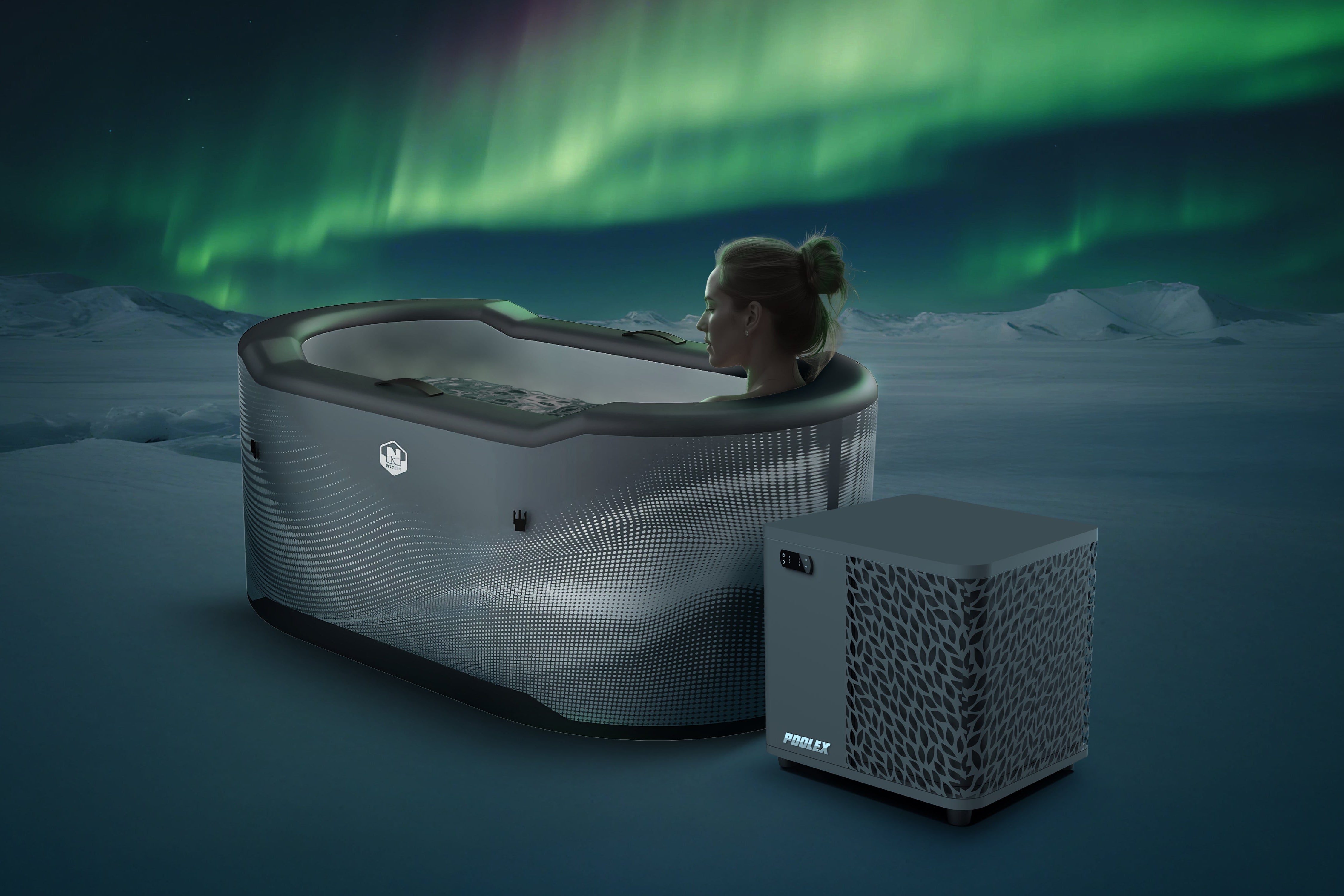
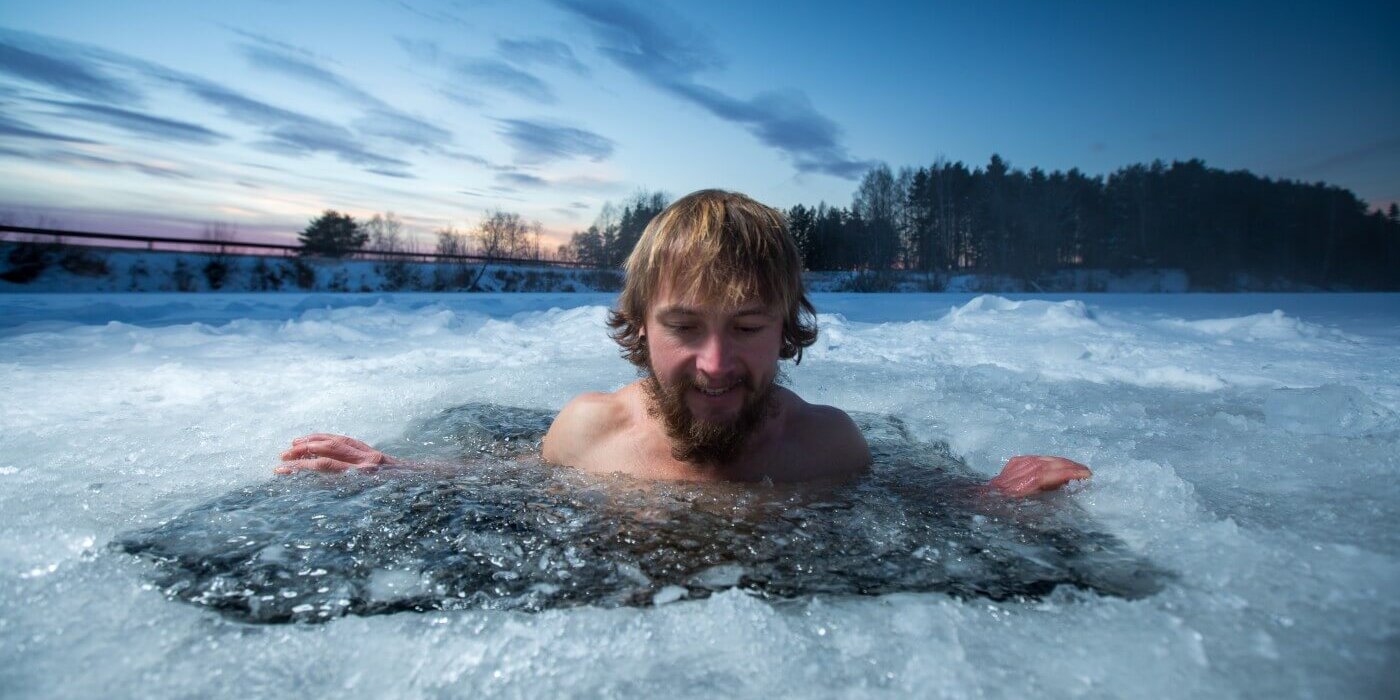
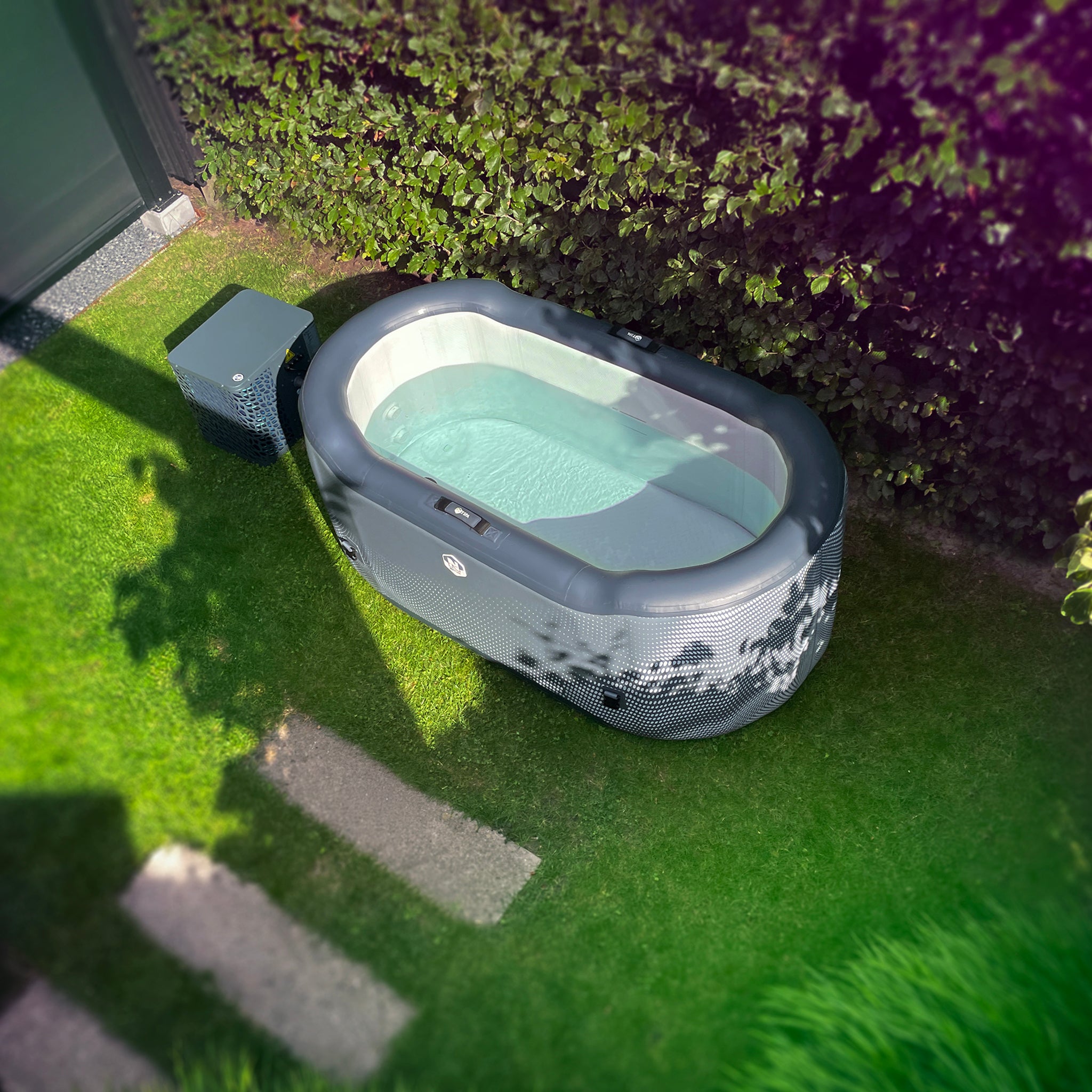
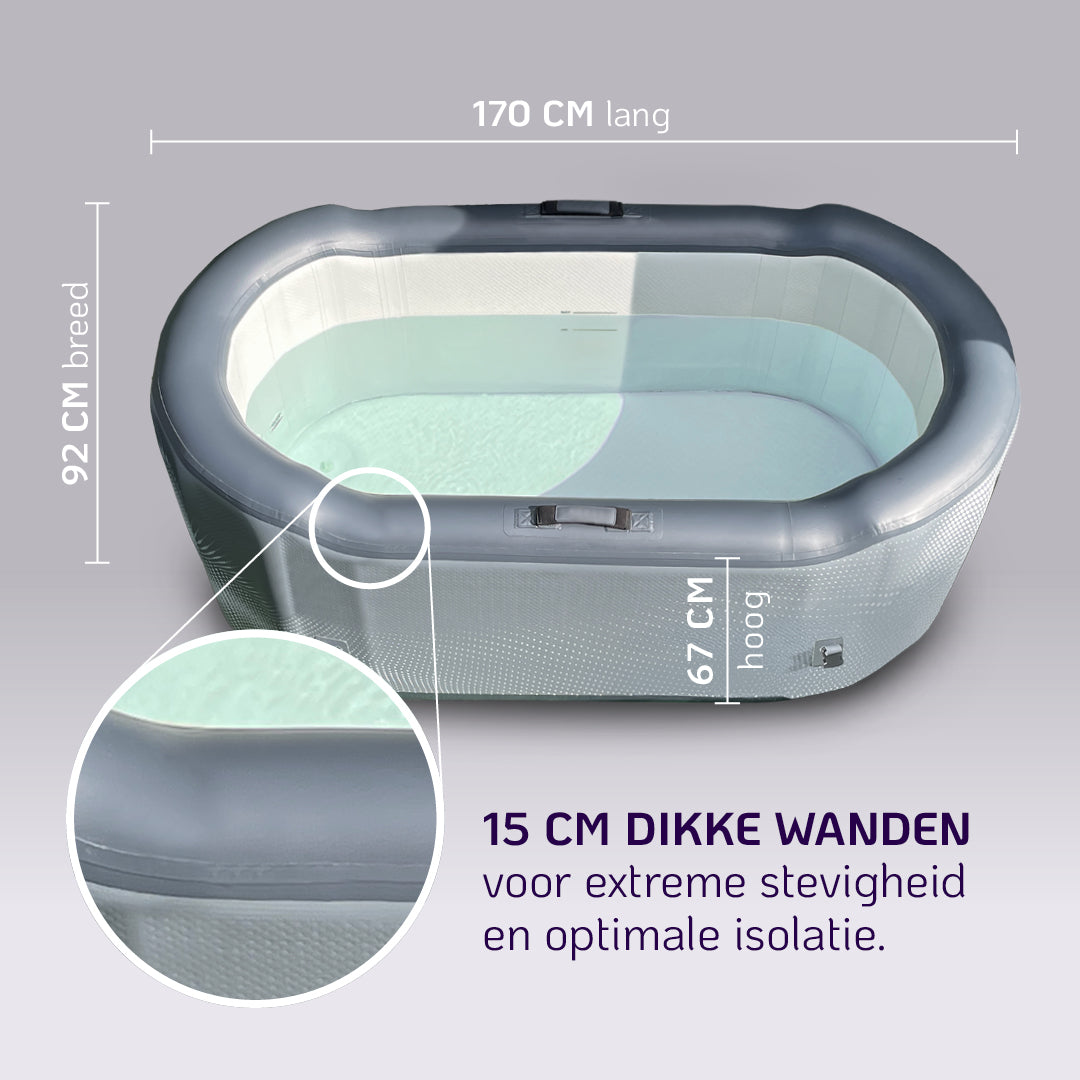

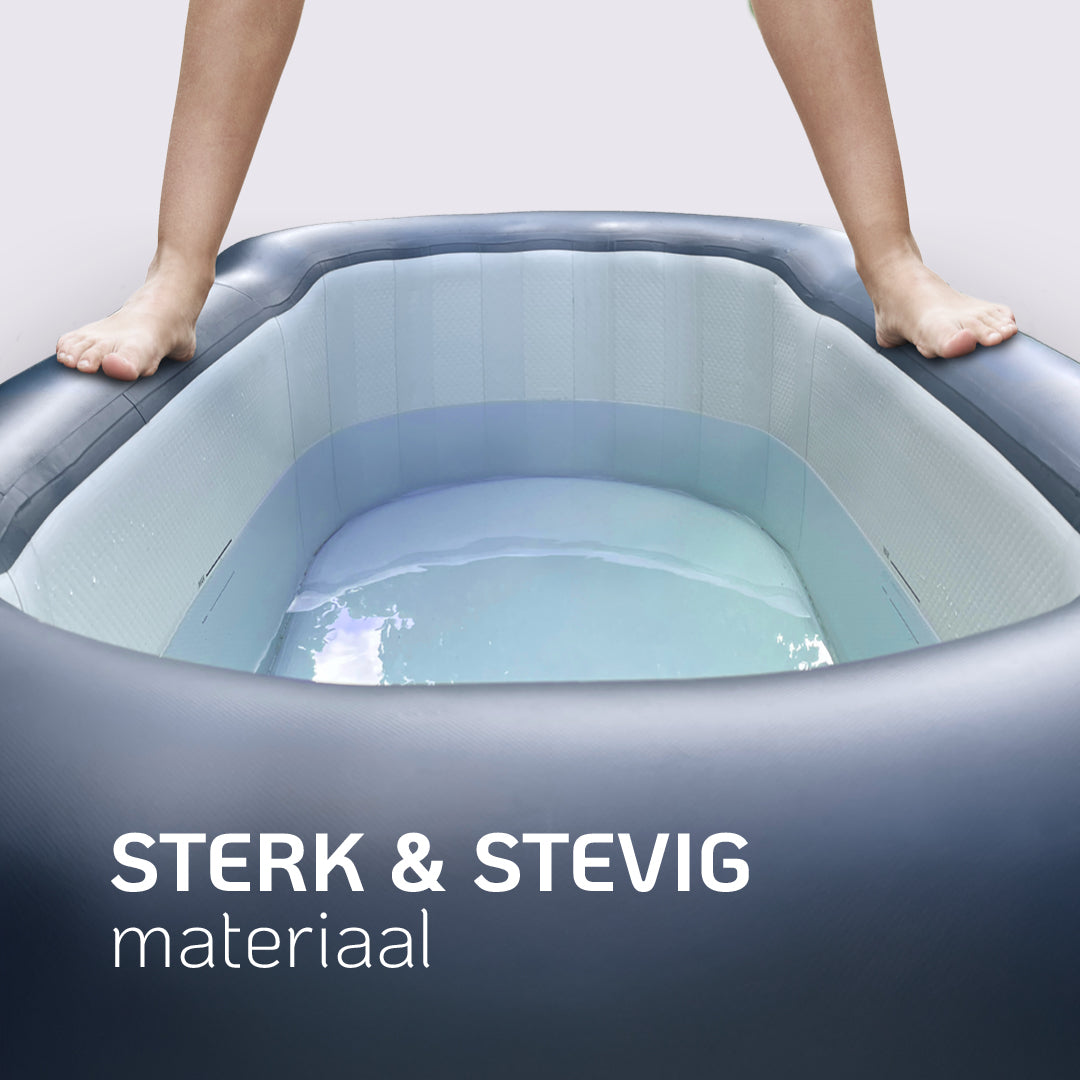

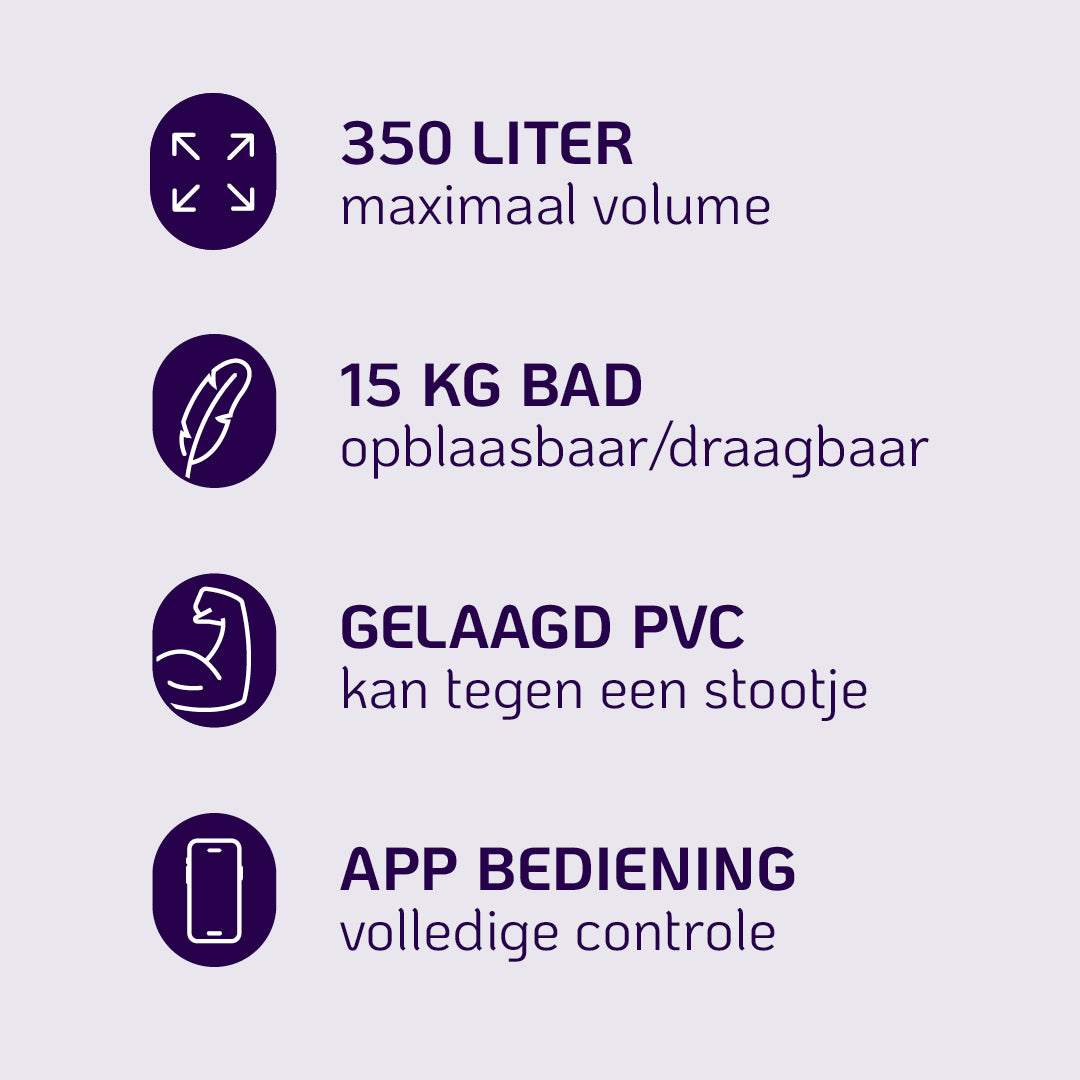
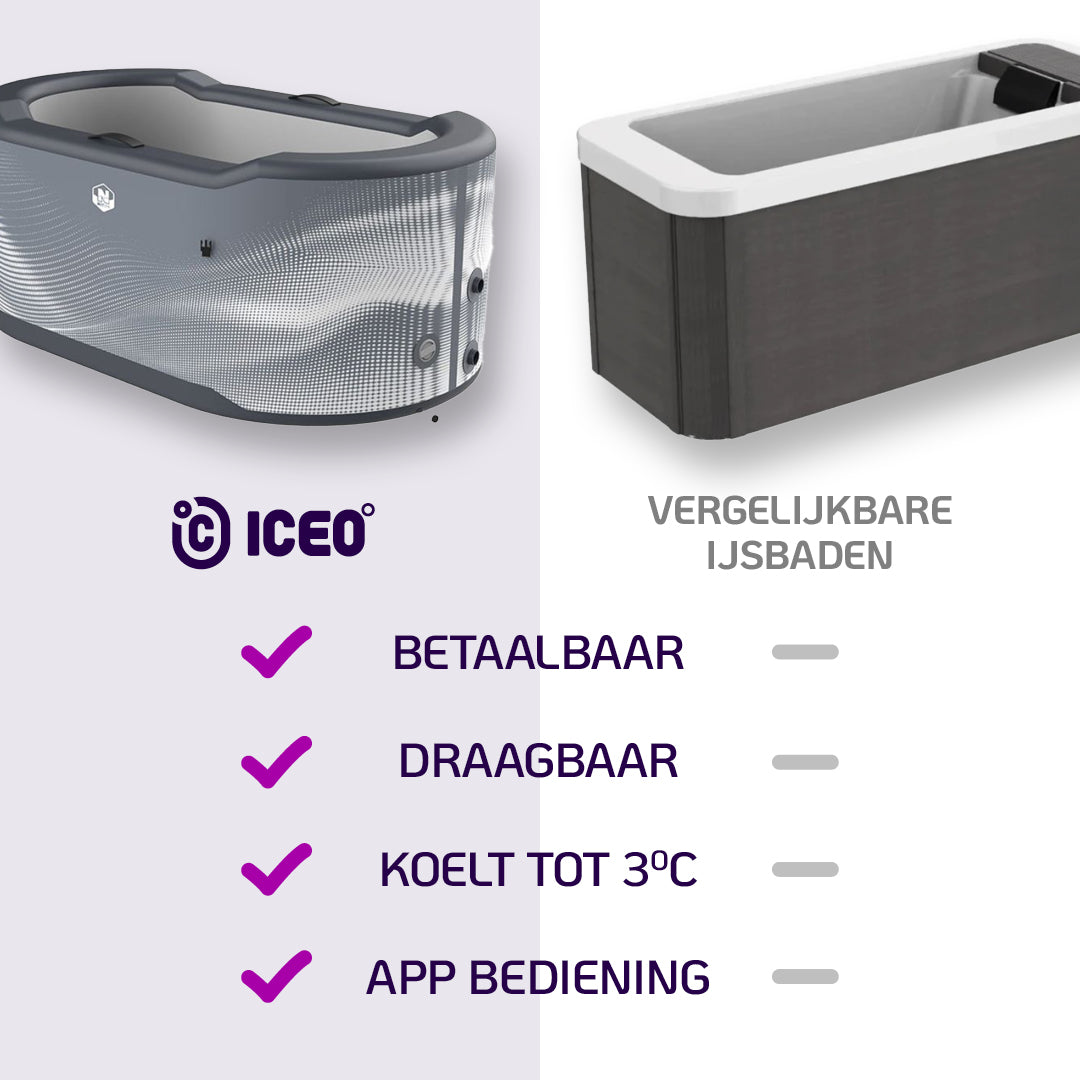

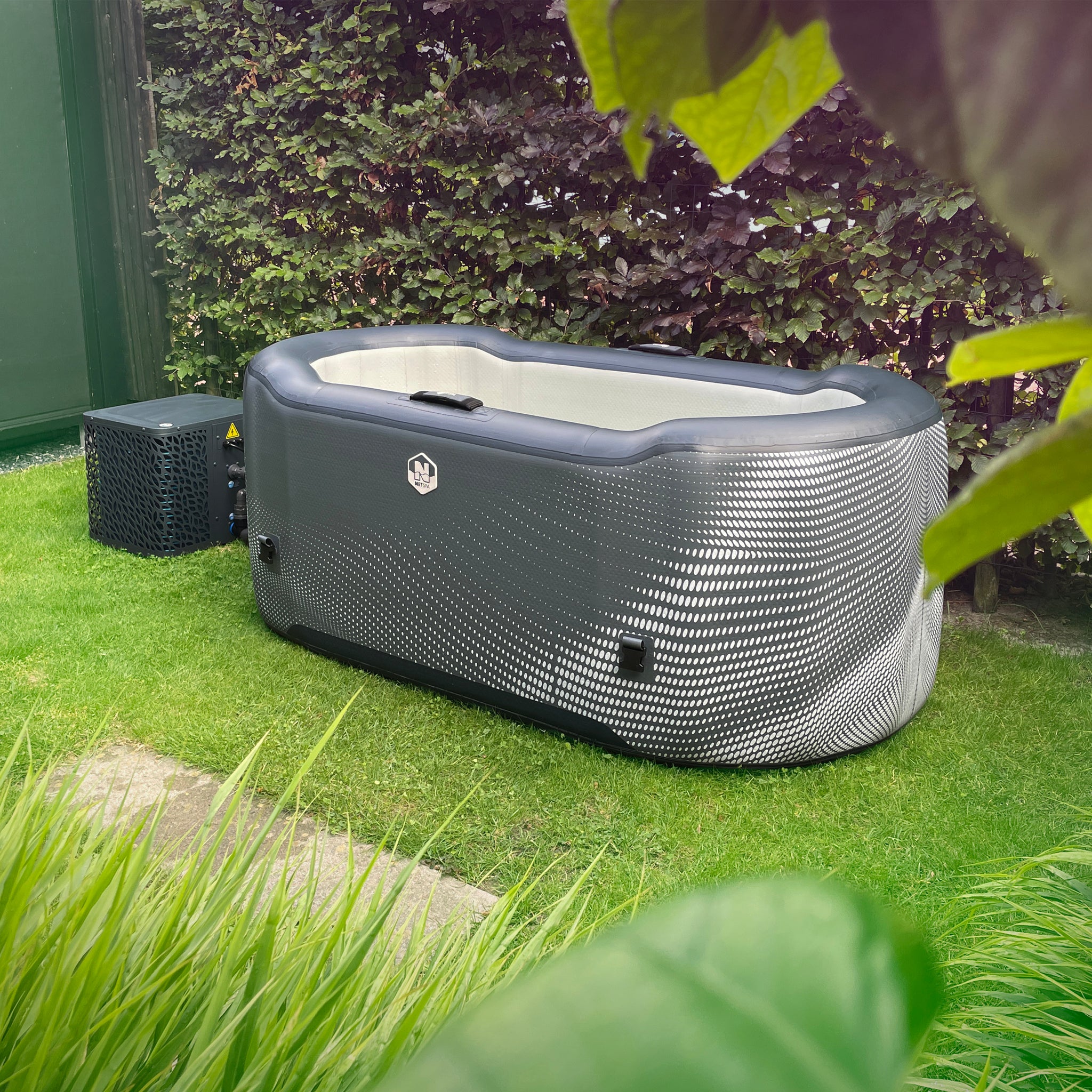
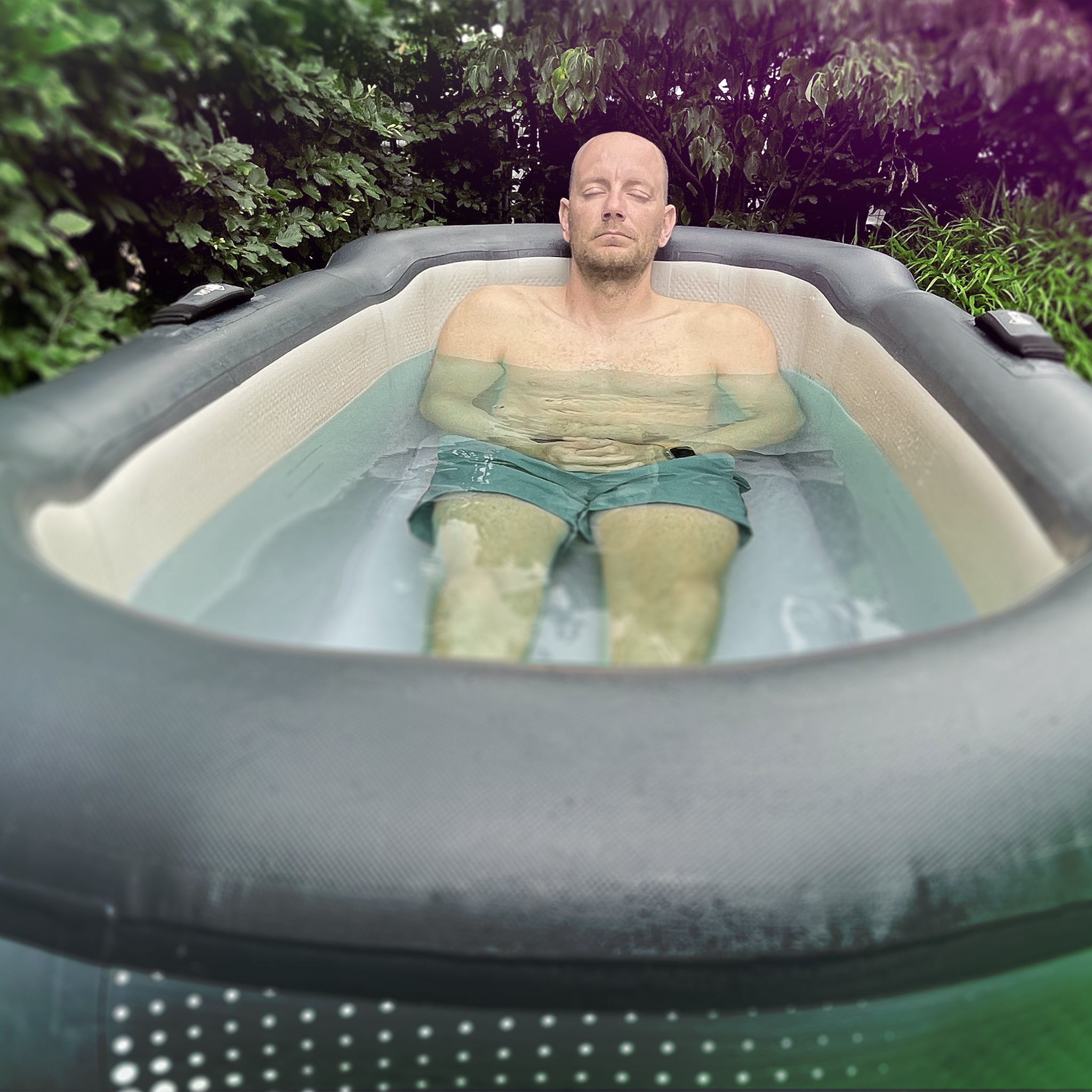

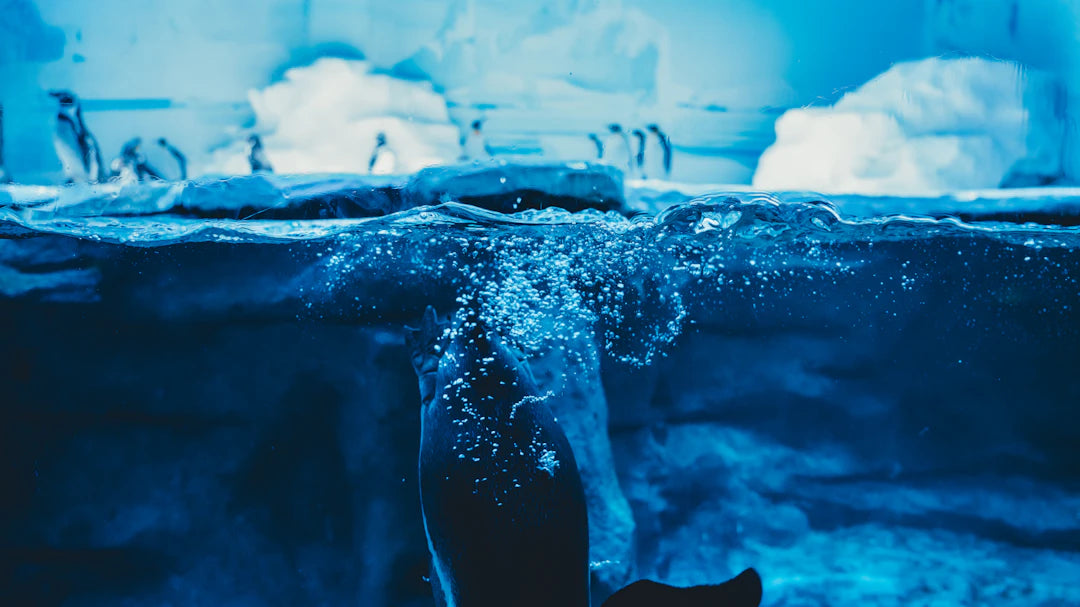
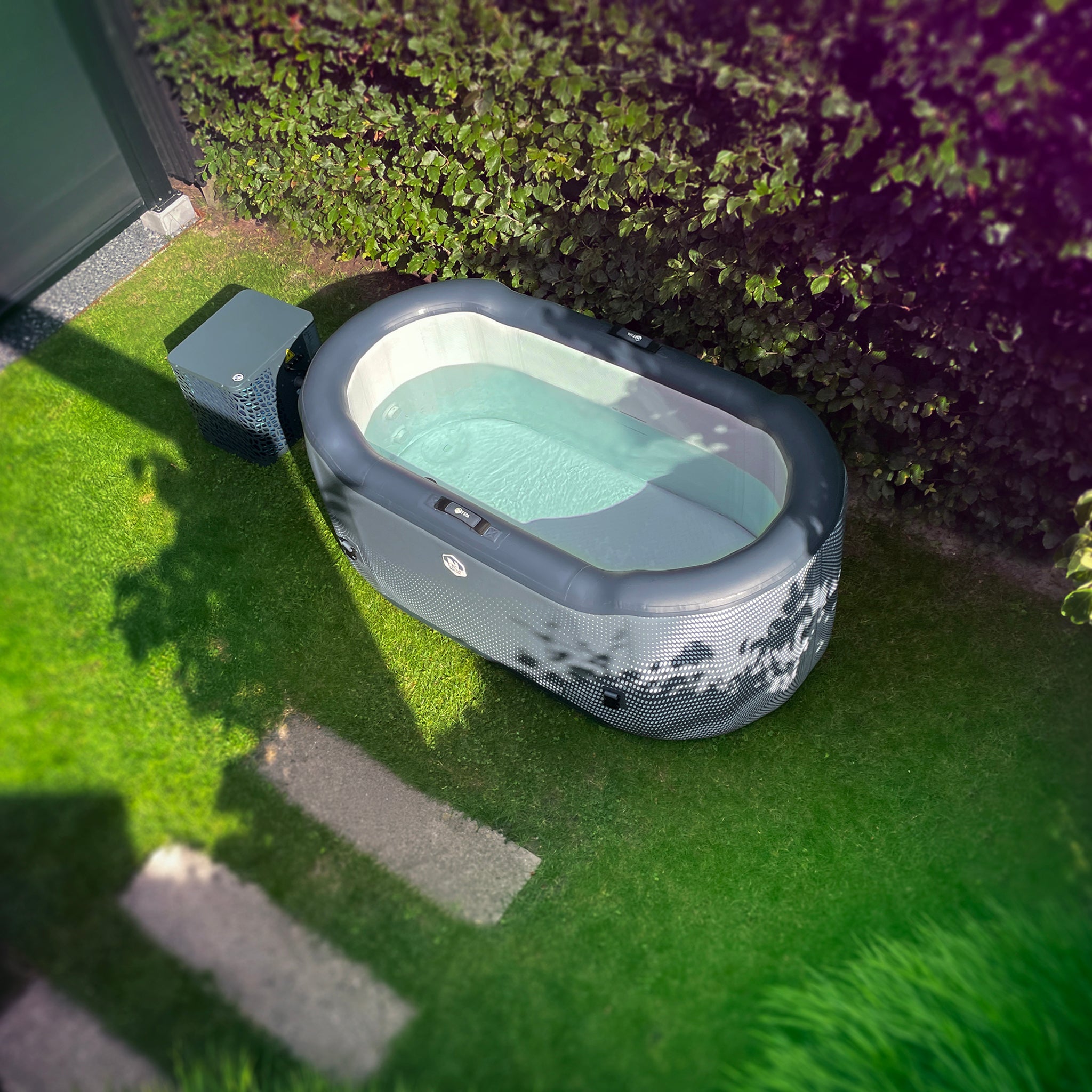

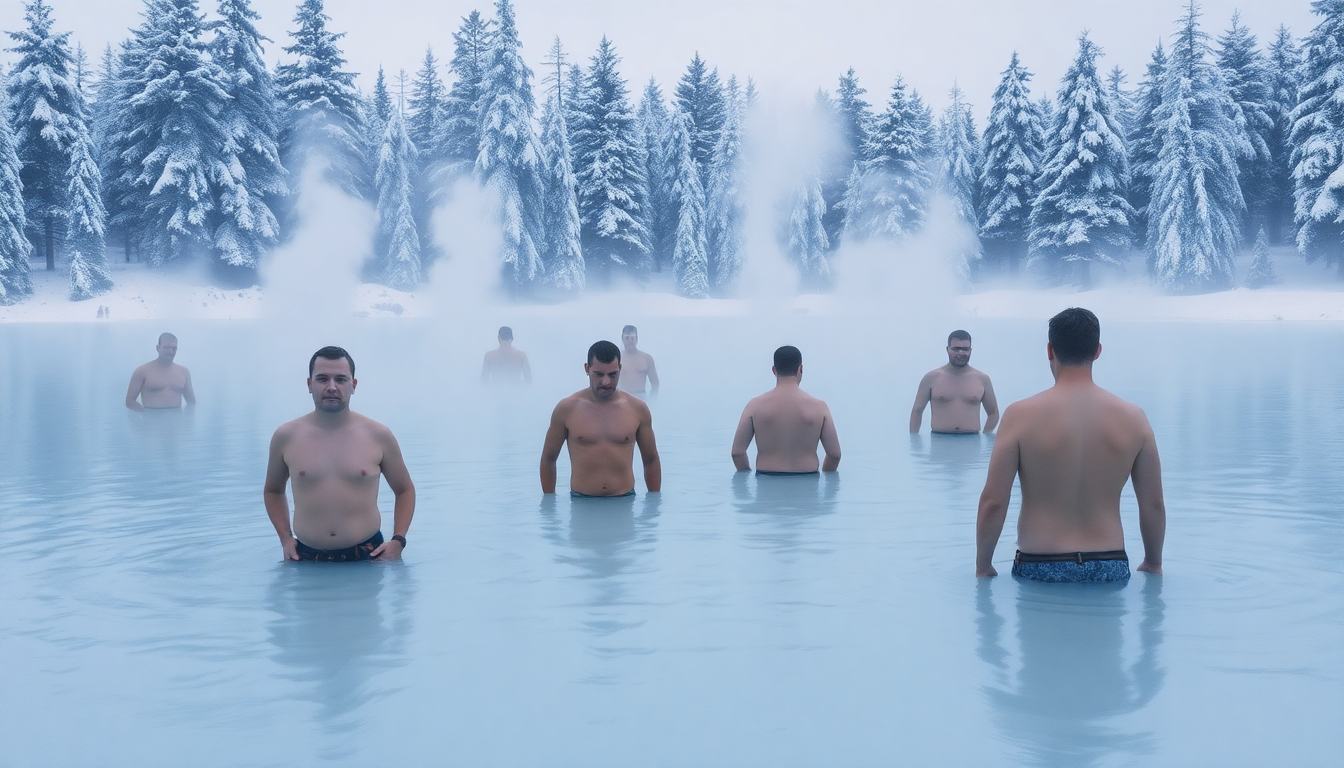
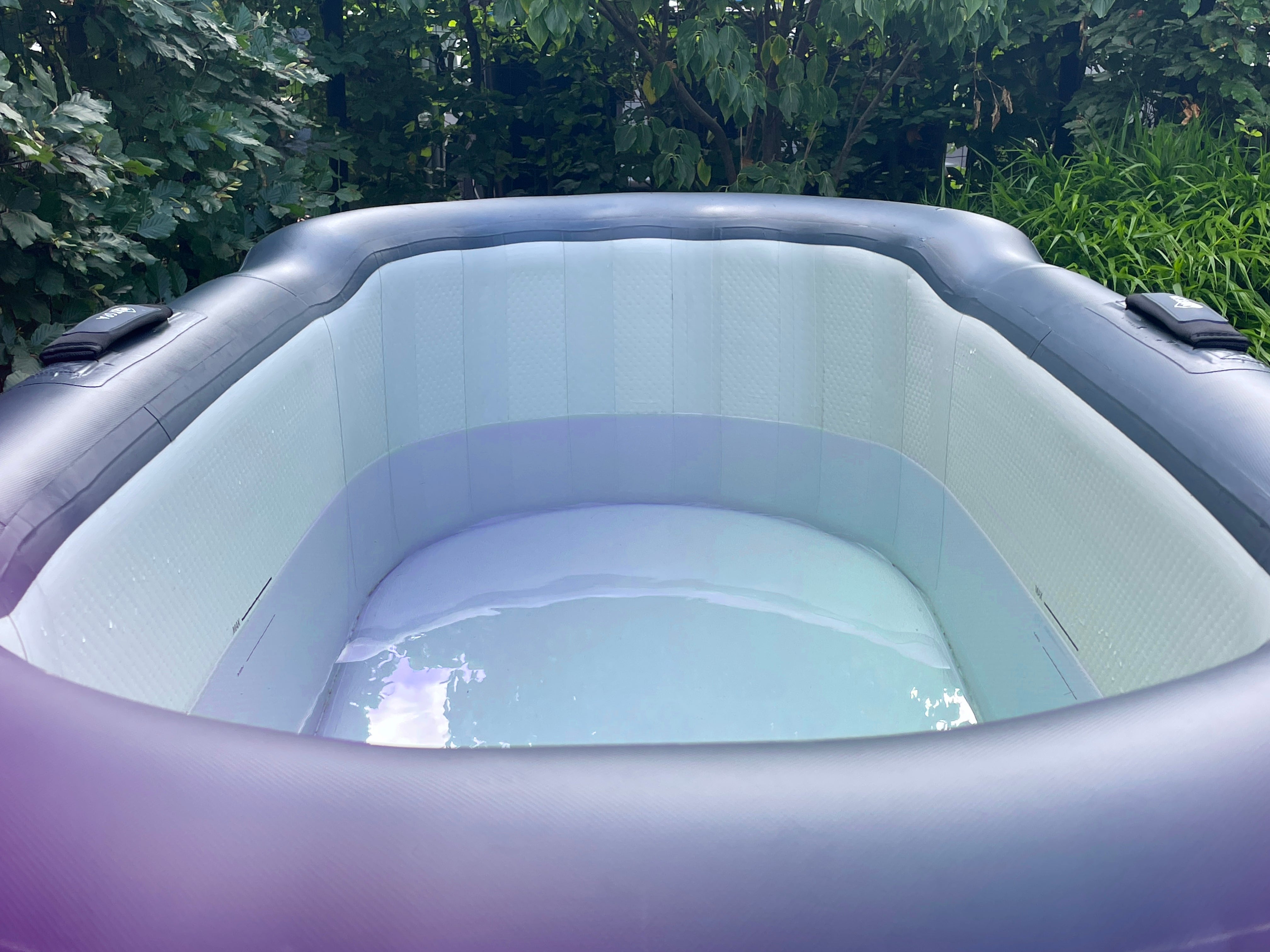
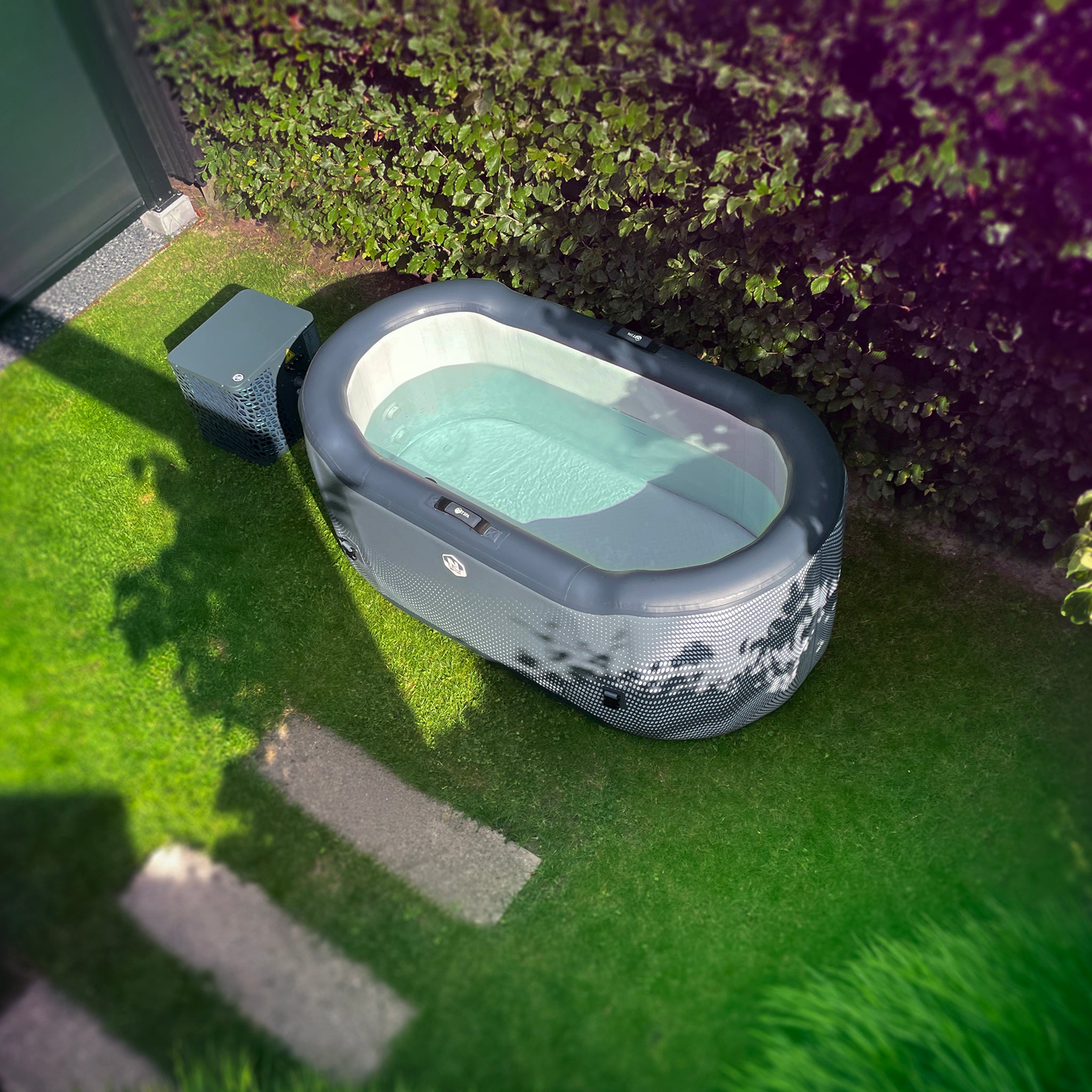

Share:
Step-by-step guide: how to start ice bathing safely?
Hoe koud is een ijsbad?